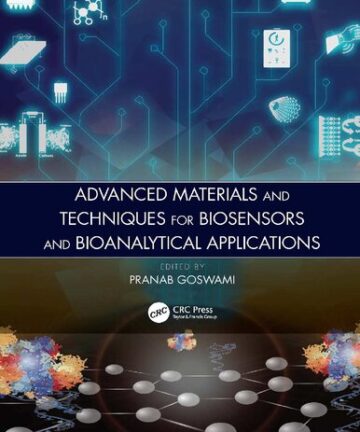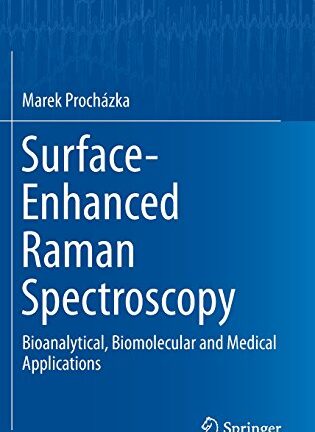Description
organs and organelles, ecosystems, and increasingly complex life forms. McFarland provides an accessible discussion of a geological history as well, describing how the inorganic matter on Earth underwent chemical reactions with air and water, allowing for life to emerge from the world’s first rocks.
He traces the history of life all the way to modern neuroscience, and shows how the bioelectric signals that make up the human brain were formed. Most popular science books on the topic present either the physics of how the universe formed, or the biology of how complex life came about; this book’s
approach would be novel in that it condenses in an engaging way the chemistry that links the two fields. This book is an accessible and multidisciplinary look at how life on our planet came to be, and how it continues to develop and change even today.A World From Dust describes how a set of chemical rules combined with the principles of evolution in order to create an environment in which life as we know it could unfold. Beginning with simple mathematics, these predictable rules led to the advent of the planet itself, as well as cells,This book includes 40 illustrations by Gala Bent, print artist and studio faculty member at Cornish College of the Arts, and Mary Anderson, medical illustrator.






Reviews
There are no reviews yet.